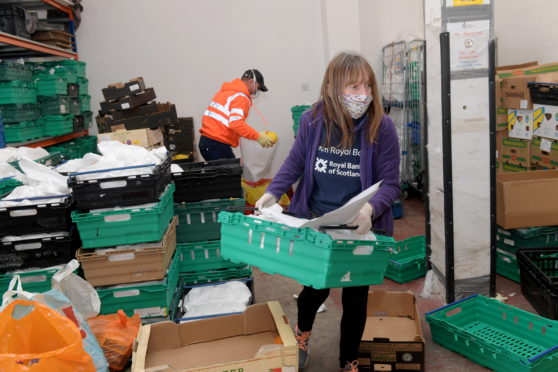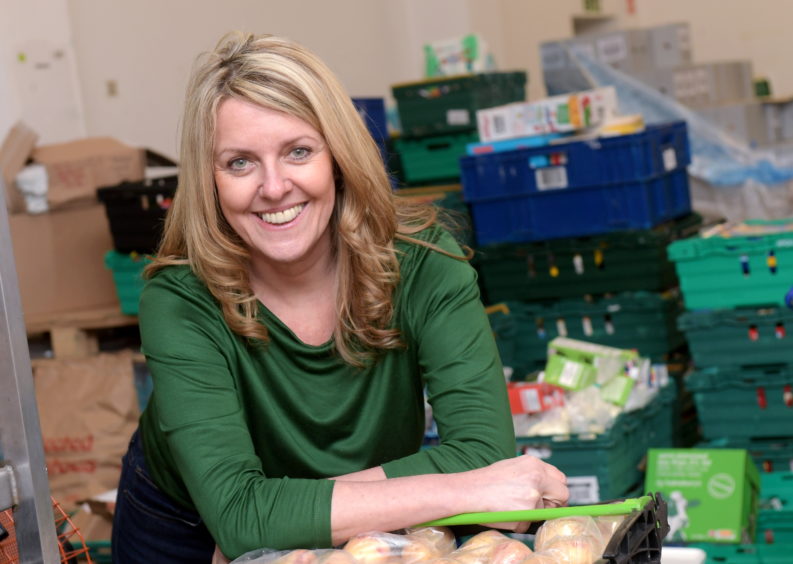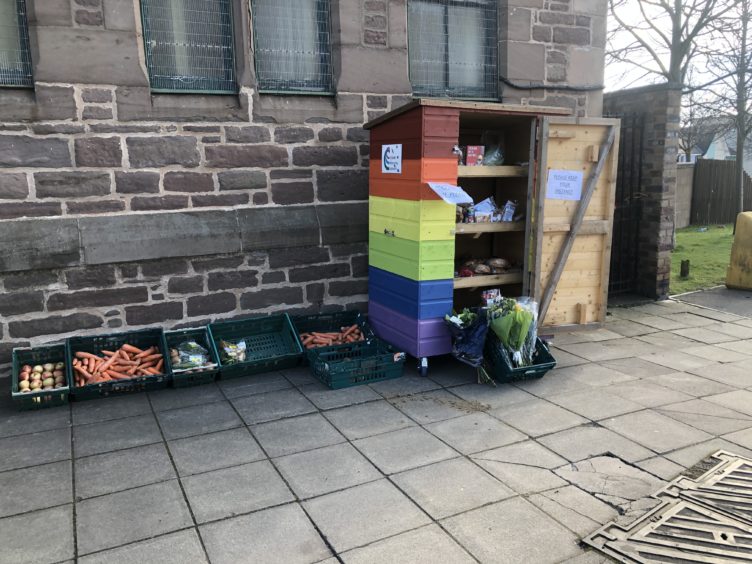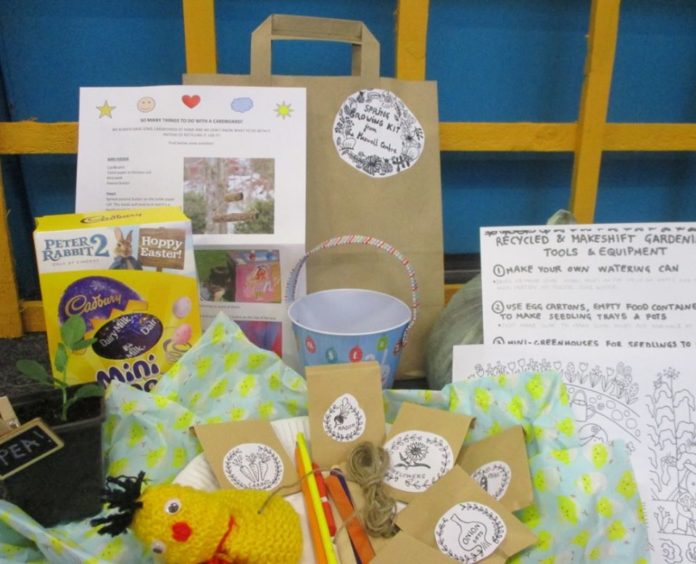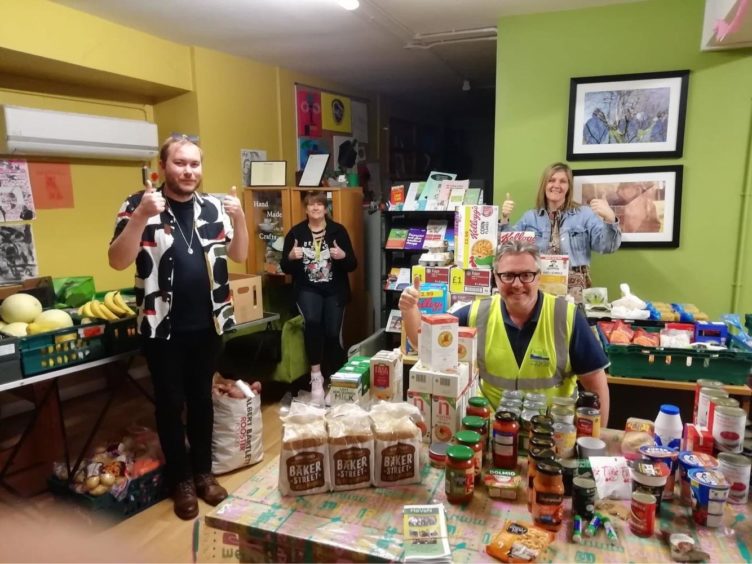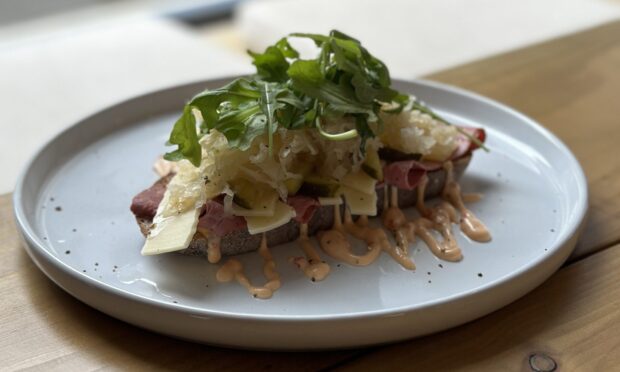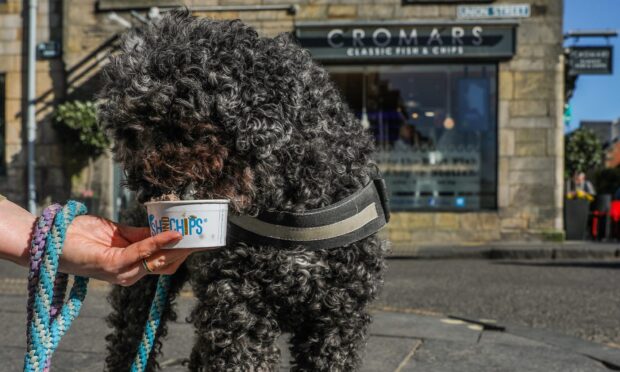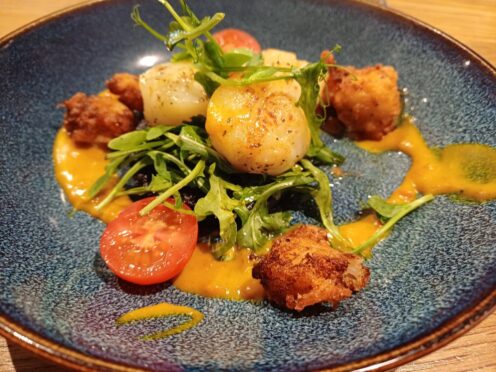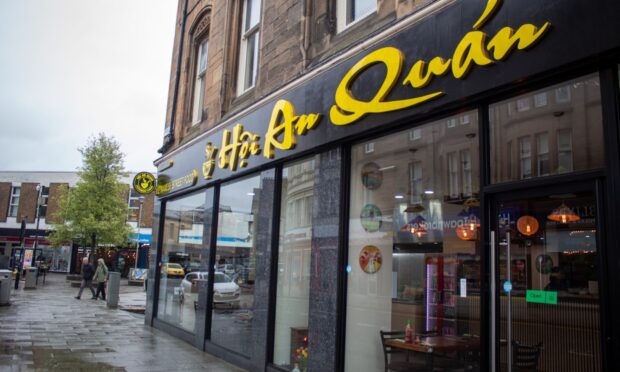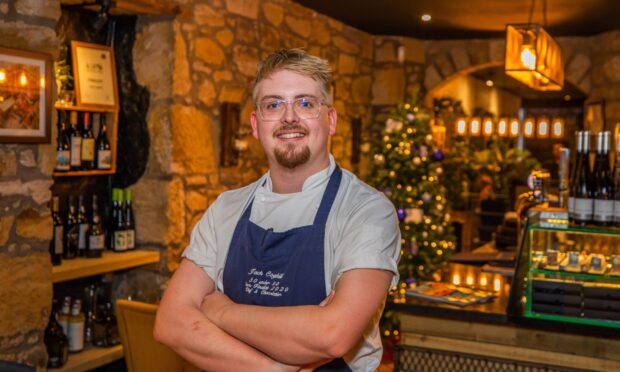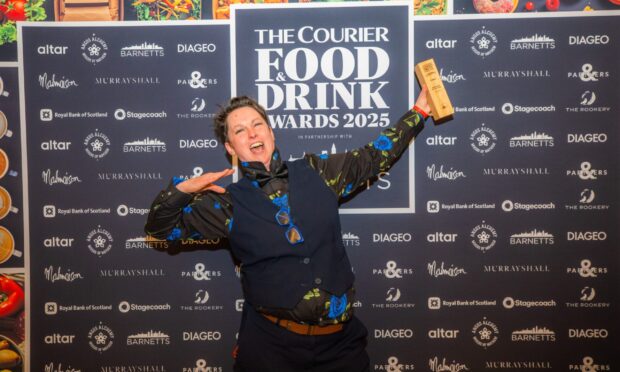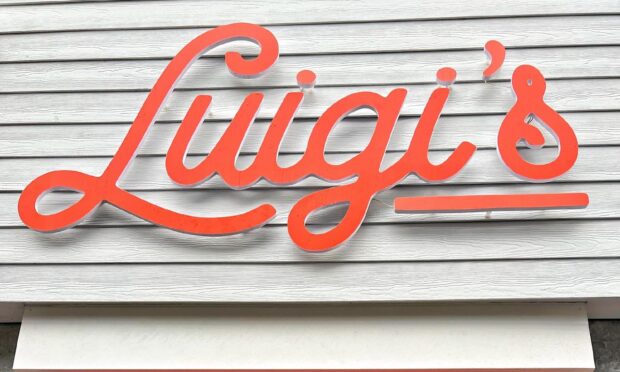As community food organisations are forced to close their doors, staff and volunteers are figuring out how to feed people remotely.
With normal life grinding to a halt during the lockdown, it’s easy to forget about the concept of community as we hunker down into our own little bubbles.
Food, once a shared experience in the country’s restaurants, cafes, community centres and friends’ houses, is now almost exclusively consumed in the privacy of our homes.
But what if home is a place where you’re self-isolating with a chronically empty fridge and few cooking utensils?
That is the reality for many people who live in food poverty – around 13% of the population in Scotland – and who are now at risk of slipping through the net as lockdown has limited the work of many vital services and support groups.
As the weeks go on with no signs of the restrictions easing, however, community food groups in the north of Scotland and Tayside are finding new ways to connect with the vulnerable in society while respecting the social distancing guidelines.
Aberdeen-based Community Food Initiatives North East (CFINE), a group which runs the Grampian branch of FareShare – a charity relieving food poverty and reducing food waste by distributing surplus supermarket food – is one such organisation.
Until recently CFINE was in the process of opening community pantries where people could bulk-buy essentials for a token sum when lockdown forced them to put the project on hold.
The group is now focusing on delivering emergency food parcels to people’s homes through their network of volunteer drivers.
CEO Lisa Duthie said: “Our usual work involved a number of different projects including setting up community pantries. A year ago we opened Scotland’s first two community pantries in Aberdeen, where people could access food for a token payment.
“For example, they could pay £5 and choose ten items such as pasta, tinned goods, fruit and vegetables and toiletries. The idea was to remove some of the stigma of using a traditional foodbank by giving people control and choice over what they take home. We will be looking to do more of that once lockdown is over.
“Similarly, we had community food outlets in places where people could buy fruit and vegetables at a low cost. These outlets were market stalls or shelves in places where there is a concentration of people at risk of food insecurity, such as at community centres and sheltered housing complexes.
“The volunteers running the outlets usually had some connection to the place, for example they were a community centre worker or a sheltered housing resident who was passionate about food, and we would give them support and training.
“We also had foodbanks in Aberdeen and Peterhead, where people could come in and be given emergency food – sometimes they would be referred to us, for example by social workers, or they could just drop in.
“We have been operating since 1993 but now, for the first time, all of this face to face activity has had to stop.
“We’re still helping our people by delivering directly to their homes. People can phone us and our volunteer drivers will deliver fresh food, bread, toiletries, nappies, pet food, whatever is needed.”
Lisa explained that for maximum efficiency, the drivers will deliver a batch of emergency parcels to a particular area, then another batch in the next neighbourhood along – but they wouldn’t turn anyone away, even if they don’t live along their usual routes in Aberdeen and Peterhead.
The delivery service has proved popular, with 40,000 meals distributed to self-isolating households in the north-east in first week of April, jumping up to an even more massive 51,800 between April 10 and 17.
“Demand has gone up significantly because of recent job losses due to the lockdown, people being isolated and unable to get out and delays with benefits”, Lisa added.
“We’ve had many lovely messages from people thanking us, they are really appreciative of the support.”
Meanwhile in Dundee, the MAXwell Community Centre has had to close its community garden, a former builder’s yard that was converted to a fruit and vegetable growing space in 2012.
Prior to the lockdown produce from the garden supplied the centre’s Community Cupboard, a facility just outside its premises in St Salvador Street, where anyone could help themselves to free fruit and vegetables with no questions asked.
MAXwell Centre staff are instead now ordering produce from Tayside wholesaler Les Turriff to ensure the cupboard is still stocked and vulnerable people don’t go without food during the lockdown.
They are also in the process of delivering 75 spring-growing kits containing vegetable seeds to families around Dundee who want to grow their own produce.
Alison Goodfellow, project manager at MAXwell, said: “We’ve got a massive community garden that was used by a range of individuals and community groups, as well as primary schools who had allotments there. They would grow lots of different types of produce, for example strawberries and raspberries, which will be ready in June, carrots and potatoes in July.
“But the garden had to close to the public when the lockdown was announced. We do have our own garden assistant maintaining it during the lockdown on the public’s behalf, but there is limited produce at the moment.
“We’ve had to start bulk-ordering produce for the Community Cupboard instead – about 85% of the produce is now from a wholesaler, FareShare and supermarkets.”
Alison explained that demand for produce from the Community Cupboard has doubled since the lockdown, with around 100 people helping themselves every day compared to an average of 50 previously.
They come from all walks of life and include single people, families, the elderly, young people and those with mental health problems. No referral is needed but people are asked to observe the 2m social distancing rule and to only take what they need rather than hoarding produce.
“We used to see a lot of the same people with specific issues such as social isolation before, but now the lockdown has affected everybody”, Alison added.
“It isn’t one specific group now, we are seeing a whole range of people from the community. It’s not just people who are poor, it’s also people who are stuck at home and are doing a lot more cooking from scratch, so they want ingredients to make things like soups, stews and casseroles.
“We replenish the cupboard throughout the day so that people don’t feel they have to come at a specific time to get food, such as first thing in the morning.
“A lot of people are also feeling bored and isolated at home, so we are in the process of delivering 75 spring-growing kits to get them started on growing their own food. It’s something to keep people occupied. We’ve set up a page called Grow Dundee where they can go for tips and show what they’ve been growing.”
Just a three-minute walk from the MAXwell Centre is Haven – a community hub located in the Hilltown where people with mental health issues could get hot food at the drop-in café.
It was a daily lifeline for those who lack cooking skills or kitchen facilities to make their own meals and provided a much-needed social environment to alleviate feelings of isolation.
Like regular cafes, Haven has had to close its doors to the public but staff and volunteers are ensuring their ‘regulars’ are catered for by delivering food and medications to their doors.
“We deliver a mixture of fresh food, tinned food, bread, milk, eggs, ham, tea and coffee, all sorts”, said manager Niki Lamond.
“For people that we know don’t have good kitchen facilities, we tailor the packages so that they get things like pot noodles, pot rice and sausage rolls, all of which have recently been donated by local shops.
“We help a mixture of people including people living in poverty and with mental health issues, the elderly and families with children who are unable to get to the supermarket as they’re self-isolating.
“We’re doing our best to support the people that used to come to the drop-in café. They used to pay £1.50 and would get hot food such as casserole, mice and potatoes, toasties and hot rolls, as a chance to socialise and get advice on things like benefits, budgeting and bills.
“We would have about 15 to 20 a day coming in including a gentleman who couldn’t read or write, and we would help him read his post and pay his electricity bills. These people now can’t come in to the hub as it’s closed, but we’re doing our best to support them.”
